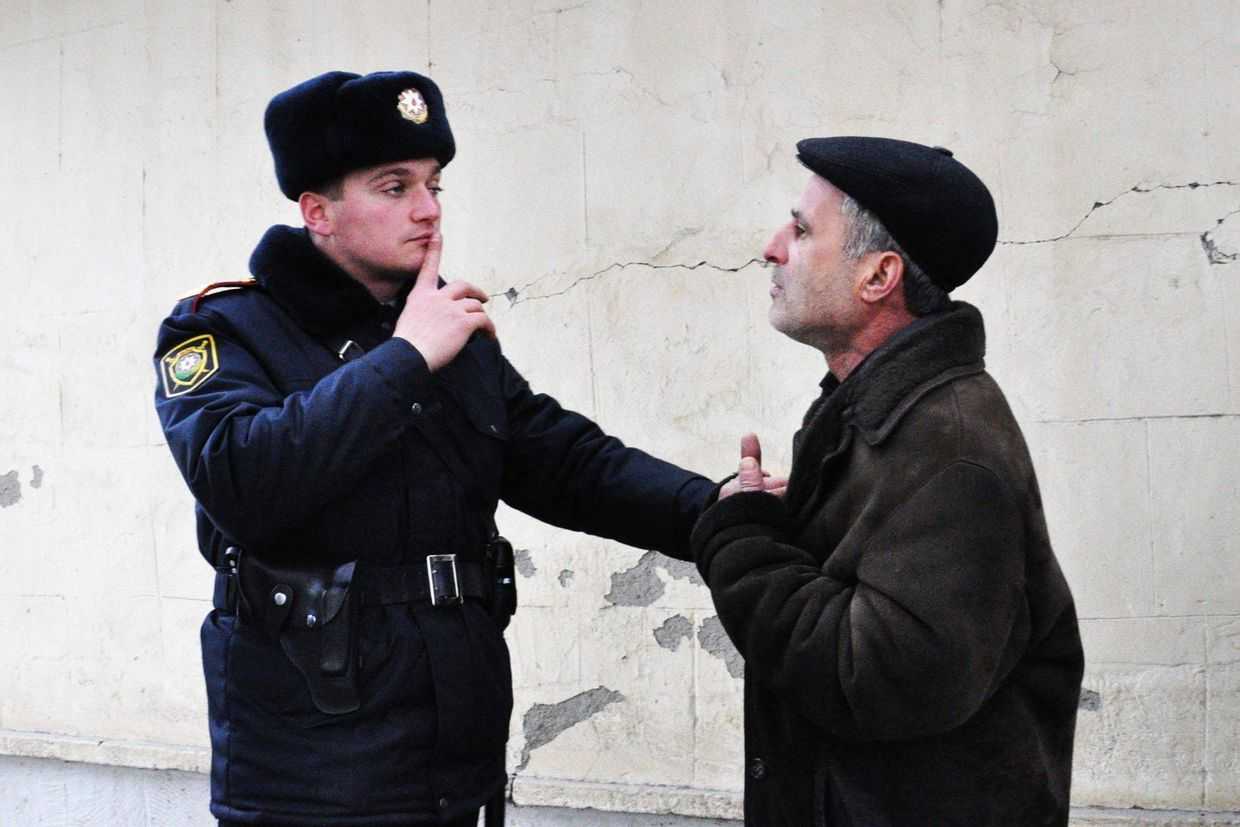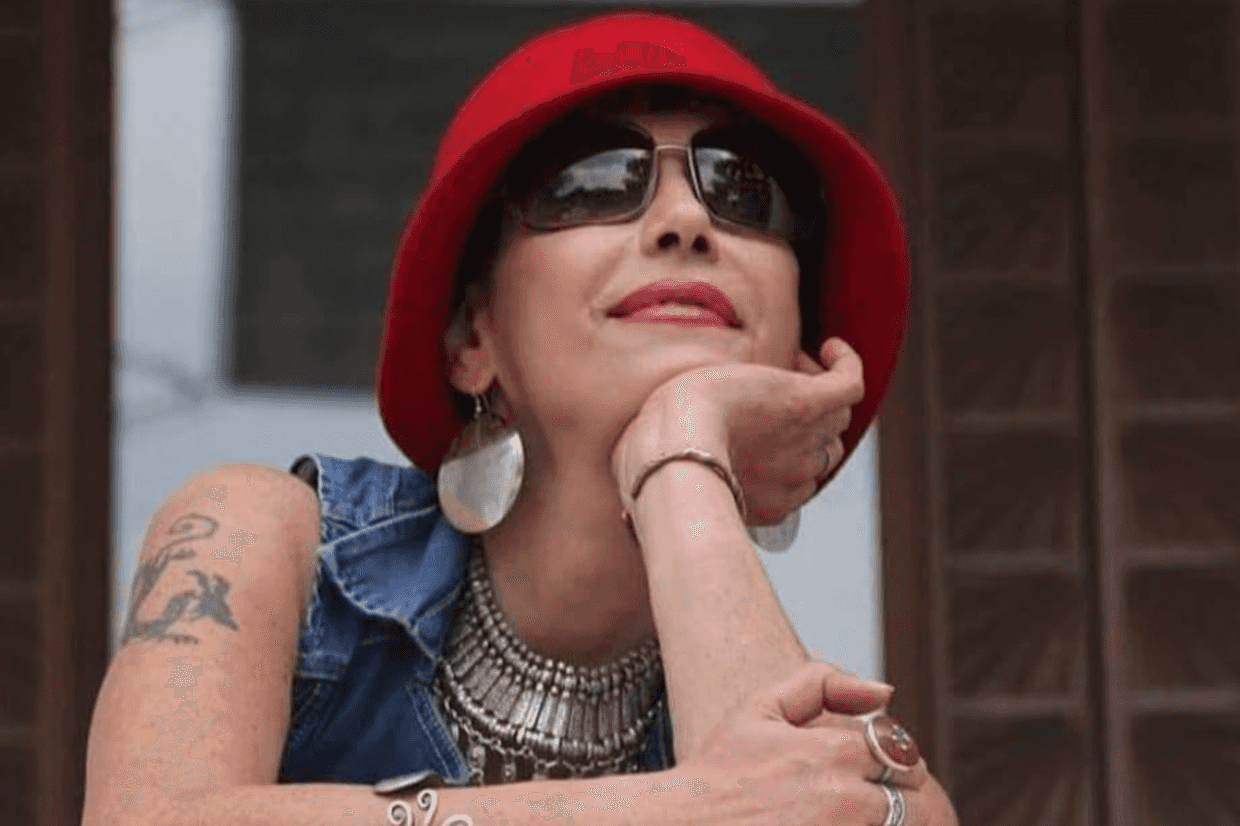
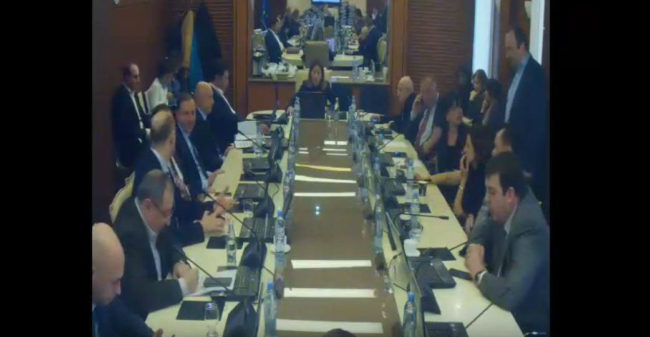
 Georgia’s High Council of Justice has come under fire from media rights organisations after accusing the media of ‘violating freedom of expression’ and announcing plans to fund outlets in exchange for positive coverage of the judiciary.
Georgia’s High Council of Justice has come under fire from media rights organisations after accusing the media of ‘violating freedom of expression’ and announcing plans to fund outlets in exchange for positive coverage of the judiciary.
The Justice Council issued a 25-page public statement on 26 April addressed to independent media self-regulatory body — the Georgian Charter of Journalistic Ethics; the state state media regulator — the Georgian National Communications Commission; the Public Defender’s Office; and others, urging them to stand up to media outlets which ‘insult and defame national courts’.
‘Violations of the freedom of expression’
The statement comes in the wake of the protracted court case over ownership of opposition-leaning Rustavi 2 TV. Rustavi 2, along with several other media outlets, has been critical of the courts’ handling of the case.
The statement from the Justice Council included dozens of quotes from journalists and representatives of Rustavi 2 which they claimed were offensive. The statement was critical of accusations leveled at judges of incompetence and unprofessionalism, and ‘defaming certain figures and the institution as a whole’.
The Justice Council claimed that the Ethics Charter should consider these statements to be ‘violations of the principles of professional ethics by individual journalists’. The Justice Council then urged the Ethics Charter to reprimand media outlets and journalists — mainly from Rustavi 2 — for ‘violating the right of free speech and expression’.
The Justice Council is an independent organ created to coordinate the judiciary and to promote the effectiveness and independence of the judiciary. However, they have been criticised by leading rights organisations for being too close to the government.
‘An attempt to establish media censorship’
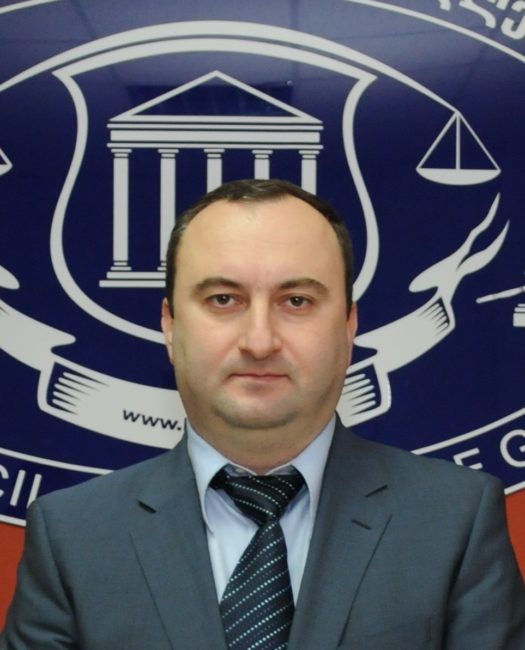
The Ethics Charter responded to the statement on 27 April, branding it a ‘possible attempt to establish censorship’ over the media. ‘If the Council believes certain journalists have violated certain principles of the ethical code, they should address the charter in compliance with the charter rules’, their statement read. Anyone is entitled to submit a complaint to the Ethics Charter.
The Ethics Charter is a self-regulatory body, and does not use any punitive measures, instead relying on releasing guidelines for journalists, including on how to cover the courts.
‘It is welcoming that the Council addressed the self-regulatory body, instead of demanding legislative amendments from parliament to “regulate the media”, which they have been repeatedly discussing, but unfortunately, they do not understand the essence of the charter correctly’, they said.
Parliamentary chairperson Irakli Kobakhidze told journalists that ‘it is wrong to impose sanctions for criticism of the court, but insults [to courts and judges] can be discussed’.
A controversial ‘PR campaign’
Rustavi 2 broke the story on 30 April that the Council of Justice wanted to spend money from the budget on ‘positive coverage’ of national courts and judges in leading media organisations.
Secretary of the Justice Council, Levan Murusidze, said that the council has been discussing a PR campaign but denied that money from the state budget would be used. He claimed that funding would come from donor organisations, but could not specify which as they ‘had not discussed the topic with donors’.
‘We have not paid any budget money to any media outlets and we are not planning to’, Murusidze told Rustavi 2.
Footage from the Justice Council’s 11 April meeting shows members discussing the launch of a PR campaign, which would encourage positive reporting of the judicial system. The campaign would include positive stories about judges, including profiles of them and their everyday lives.
Murusidze later referred to — Prosecutor — a show that used to air on Rustavi 2 and gave a positive view of the courts, saying he had a similar TV show in mind.
Murusidze insisted that the council would not interfere in the content of the show, however, footage from earlier in April shows members of the Justice Council saying that questions for the show would be written in advance.
Whether the show will be funded from the budget or donor money, several media experts have expressed concern that such a show could constitute interference with media outlets’ independence and impartiality in coverage of the courts.
‘If the court is qualified and impartial, if it is free from political and business influences, additional coverage of its activities does not require any expenses. Decisions made by such a court are convincing and have support from the public’, Zviad Koridze, the former head of the Ethics Charter’s council told online newspaper Netgazeti.
A Crackdown on the Media?
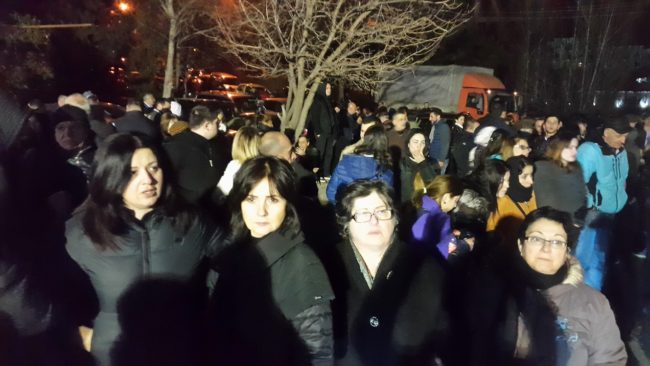
A recent report by international media rights group Reporters Without Borders said that while Georgia leads in the Press Freedom Index among Caucasus countries, if faces certain difficulties, and the Rustavi 2 case serves as a ‘test’ for Georgia’s authorities.
Georgia’s media environment has been in a state of continuous crisis in recent years. In August 2015, Imedi TV, the second most-watched station, suspended its current-affairs political talk shows amid claims of pressure and interference from the government. The station merged with two other smaller broadcast stations and is now largely viewed as a government-friendly outlet.
Independent watchdogs in Georgia have been critical of recent developments at the Georgian Public Broadcaster — which has announced controversial plans to suspend all political talk shows citing plans to reorganise the station and upgrade equipment and content. They claim that the decision could threaten media freedom in the country.
In response to the criticism, Prime Minister Giorgi Kvirikashvili announced an initiative in March to establish a national Media Ombudsman. The initiative drew widespread criticism from several experts and watchdogs, and given its timing immediately after the conclusion of the Rustavi 2 case, was seen by many in the country as an empty gesture to give the impression that the government is concerned about independent journalism in the country.



